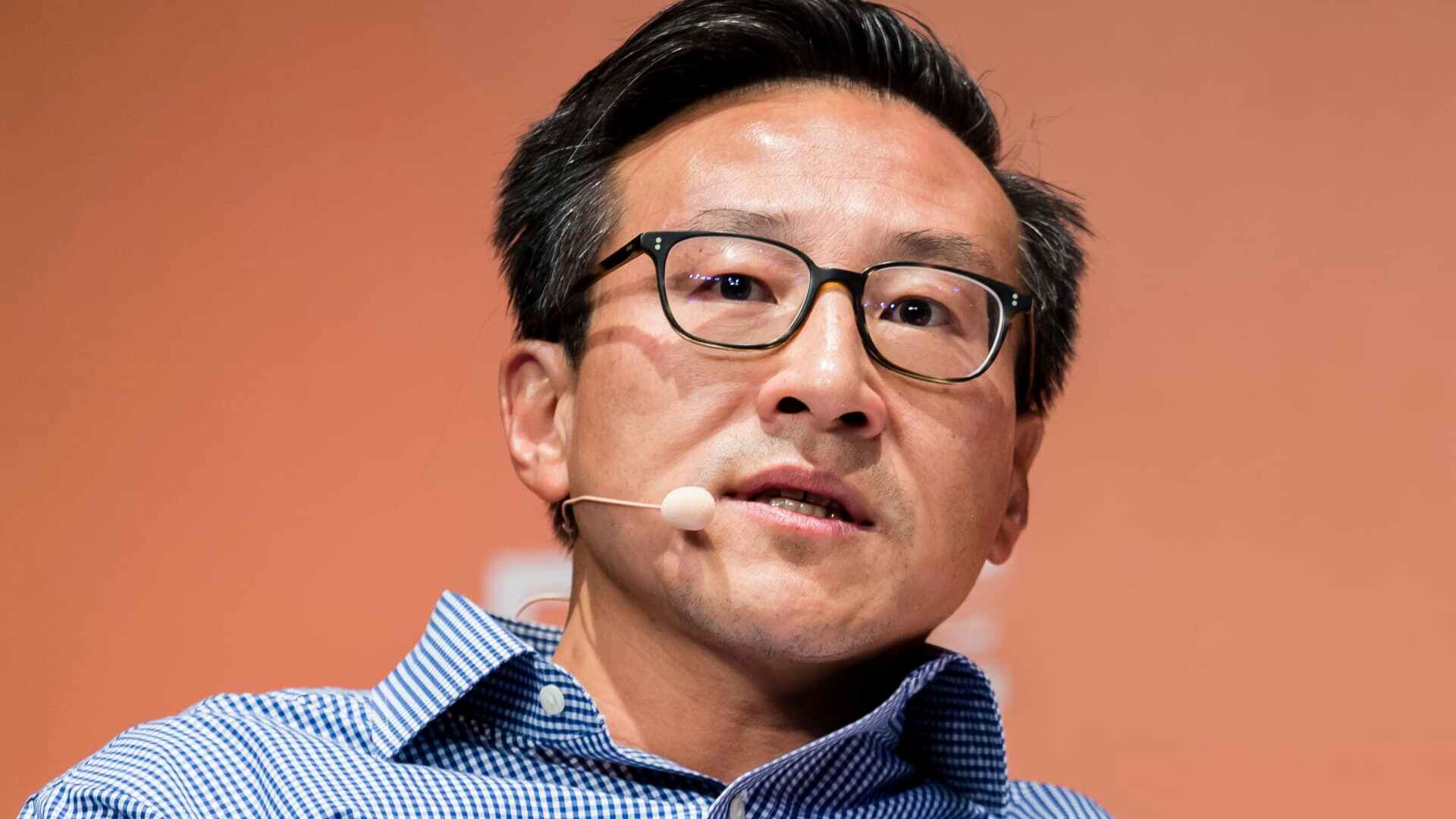
Alibaba has announced that crypto-friendly Joseph Tsai, currently Executive Vice Chairman, will replace eight-year veteran chief Daniel Zhang as the company’s new Chairman.
In a Tuesday press release, the company also said that Eddie Wu, now chairman of Alibaba’s core Taobao and Tmall online commerce divisions, will take over as chief executive of the $240 billion company.
The appointments will take effect on September 10, 2023.
The leadership shuffle comes as Alibaba is trying to pursue a six-way restructuring in a bid to create a family of standalone leaders in businesses from cloud computing and logistics to international commerce.
However, inside the crypto community, it has prompted speculations that the move may signal Alibaba’s intention to embrace Web3 and crypto in China as the country continues to experiment with the sector in Hong Kong.
That is because Tsai has been a vocal advocate of cryptocurrencies and digital assets.
He first announced his interest in the Web3 space in December 2021 with a short tweet: “I like Crypto.”
Ever since, Tsai has been an active investor in the space, participating in fund-raising rounds for now-collapsed cryptocurrency exchange FTX, popular Ethereum scaling solution Polygon, and NFT and metaverse platform Artifact Labs.
He also owns the Brooklyn Nets, which has seen two of its key players, Kevin Durant and Spencer Dinwiddie, get involved in crypto.
What Does Hong Kong’s Crypto Adoption Mean for China?
Hong Kong, a Special Administrative Region of China which currently enjoys some autonomy, has recently shown a clear desire to rebuild its position as a hub for the industry.
Earlier this month, the city’s financial regulator implemented its new regulatory framework for crypto on the first of June.
Under the new rulebook, the city-state will allow retail investors in the city to trade specific “large-cap tokens” on licensed exchanges, given that safeguards such as knowledge tests, risk profiles, and reasonable exposure limits are put in place.
The city state has recently even pressured some banks, including HSBC, Standard Chartered, and Bank of China, to engage with crypto clients.
Some consider Hong Kong as China’s testing ground for digital assets, arguing that the mainland might be next to welcome cryptocurrencies.
However, crypto pioneer Bobby Lee, who set up China’s first Bitcoin exchange and founded US-based crypto storage provider Ballet Global, said there is no gurantee that China would change its stance against crypto.
Lee claimed that officials who let exchanges obtain a license may have overblown expectations for connecting with mainland China as digital asset trading remains banned in China.
“The fantasy for exchanges is thinking that if officials let us get a license, then maybe they’ll start a sort of crypto-connect trading link with mainland China.”










